Understanding the rose
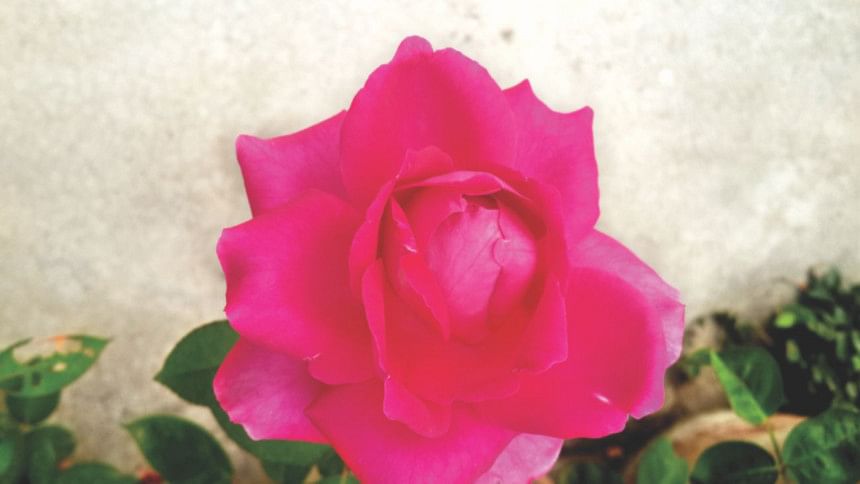
A ROSE IS A ROSE - IT DOES NOT NEED ANY ADJECTIVES
In response to the request of one of my readers, named Zep, today I am going to share my experience of dealing with the rose.
I would also like to tell my readers that I am not a botanist or a horticulturist, just an amateur and a nature lover.
I write mostly based on my personal experiences and with first-hand knowledge. My objective is to share, inspire and spread the love to others. Please feel free to correct my ignorance on technical issues.
One of your questions, Zep, was: "I have many rose plants in my terrace and they used to yield many flowers each winter. But now, they don't produce many flowers as they used to, and the ones that do bloom don't last as long; they all die in the middle of the season.
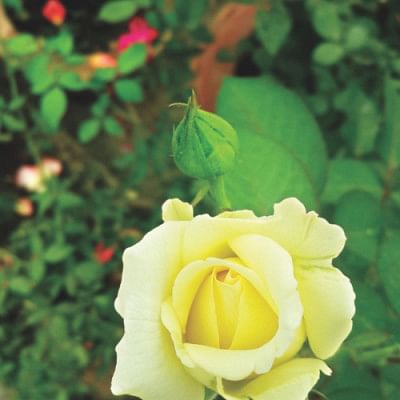
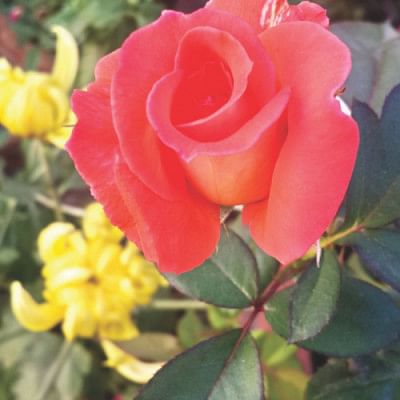
It is true that I don't take care of those plants myself now; someone else does. When he is asked whether he took care of the plants nicely, he says that he did everything to take care of the plants. What can I do to make them produce a lot of flowers that will last the whole winter? The rose plants are very old."
Zep, I have experienced the same! It is true that the rose is a very delicate flower - very sensitive and conservative about showing its love. Last week, I cross-checked my learning with an experienced nursery staff who said that it is a common problem that old plants do not produce quality flowers and they do not last long.
So the first rule is as soon as the season is over or just before the season starts (pre-winter) you either change the old plants, revamp the pot with fresh enriched soil with natural fertiliser, or trim the roots and cut the branches of the older plants -- shorten or remove the non-flowering extensions (branches that just grow tall), cover the head of the cut branches with mud paste (you may put some extra cover with cloth or plastic sheet to retain the moisture for a longer period, nurture those with regular water and let them enjoy full sunlight and air in an open space. All these are musts for the rose to grow well and produce quality flowers. My experience is that you need to replace the plants every two years to get the quality and desired volume (as it decreases every year).
One more tip: liquid oil cake (khail) is very good for roses - get the dry cake pieces from a good nursery, let those soak in plenty of water (three to five litres for half kg cake) in a covered bucket for at least three to four weeks. In between, check whether the liquid has turned dark and thick. Please remember, the odour is really strong so it is safe to place the bucket somewhere outside and keep it covered.
Feed your plant (not at the root/main stem but one inch deep inside the upper soil) and not more than half a cup. A maximum of three times in a season will do. This oil cake liquid gives really good result - extra nutrition to the plants. I have seen immediate change in the leaves and with larger flowers. Hope this will help!
Please feel free to send me email to share your thoughts, feedback, and photos of your garden, or tell your story; ask a question on the garden issue. Write to: [email protected]
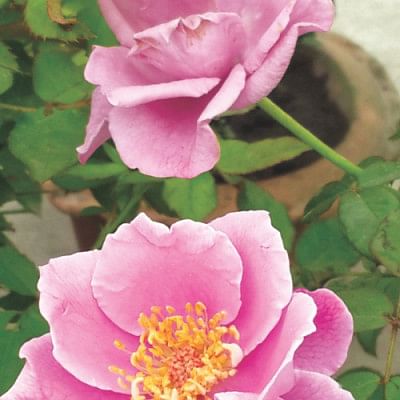
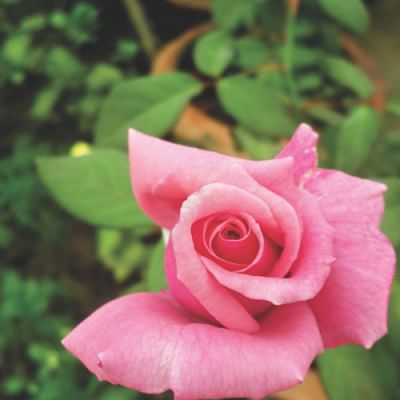

 For all latest news, follow The Daily Star's Google News channel.
For all latest news, follow The Daily Star's Google News channel. 



Comments